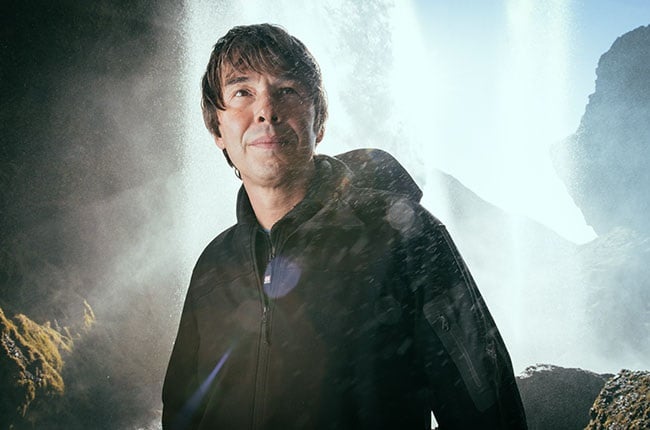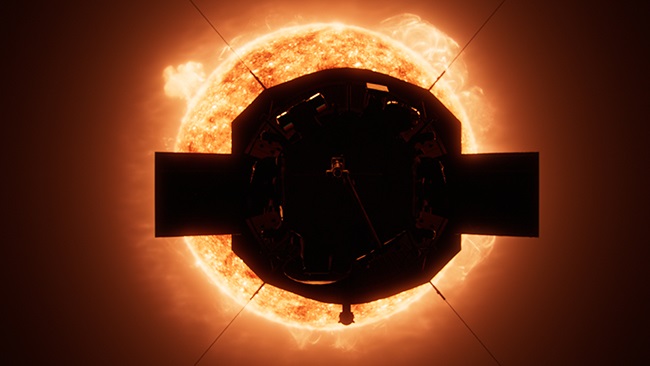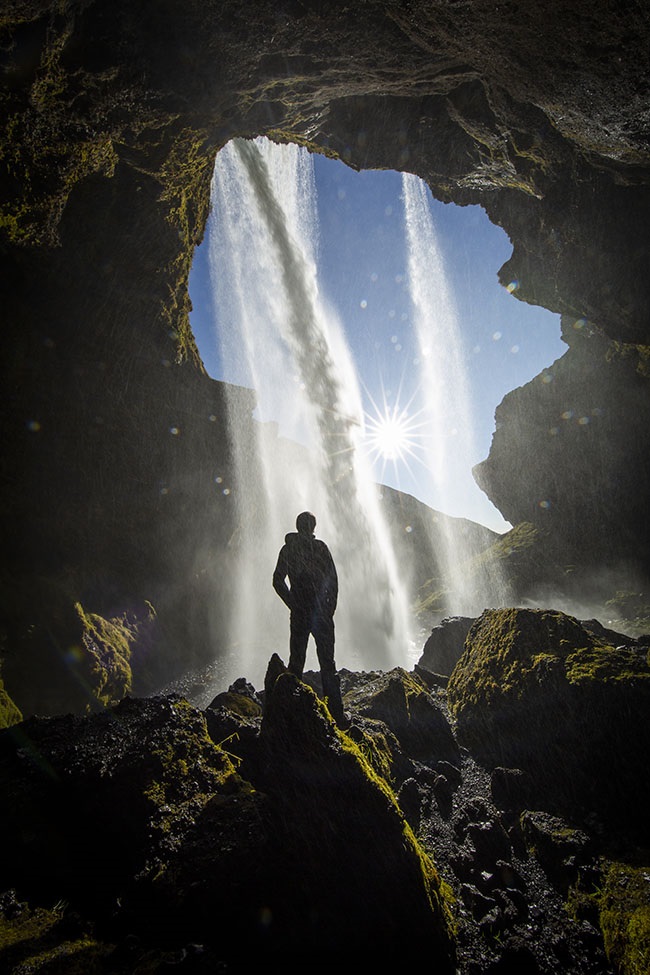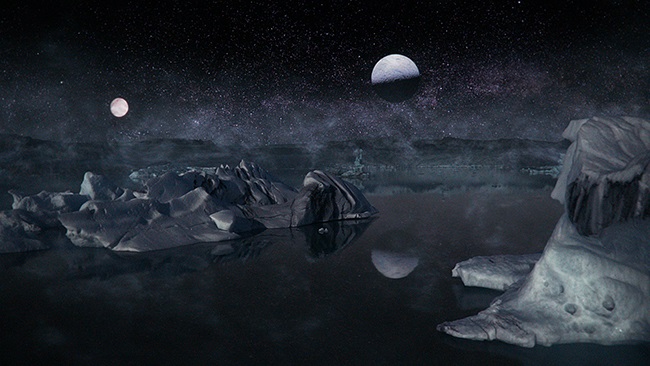
- Universe with presenter Professor Brian Cox takes viewers on a sprawling adventure through space and time.
- The series premieres on BBC Earth (DStv 184) at 19:00 on Thursday, 18 November.
- In this Q&A, executive producers Gideon Bradshaw and Andrew Cox tell us more about the 5-episode space exploration series.
One day there will be the last star left shining in the universe. And the day will come, aeons from now, when it shines for a last day and dies out: the new natural history series, Universe takes viewers on a sprawling adventure through space and time.
In the series with incredible special effects – a sequel to the 2019 series The Planets – viewers get a front-row seat to the greatest show in the Universe. Presenter Professor Brian Cox delves into the birth of a star in a stellar nursery, experience the power of a supermassive black hole as it flings a star across space, and reveals the chaos as two galaxies collide.
Channel24 sat down with executive producers Gideon Bradshaw and Andrew Cox to talk about their 5-episode space exploration series that is hugely ambitious in scale. Where rogue planets, fossilised stars, and black holes bigger than a million suns are all caught up in a Shakespearean saga that spans the cosmos.
Universe, a BBC Studios Science Unit production, reveals awe-inspiring wonders and recreates dramatic moments in the universe's history that defined Earth's – and our own.
The series uses CGI, the latest scientific research, and archival footage captured from a fleet of space bourne telescopes, taking viewers on an expansive story of the universe. From its moment of inception 13.8 billion years ago, to what could be its ultimate fate, trillions upon trillions of years in the future.
What is the challenge in creating a series like Universe for people interested in cosmology and big ideas and making it accessible to a viewer who's not familiar with astronomy?
Gideon Bradshaw: It's definitely our hope that it will be a broader audience than somebody who is fascinated by science or astronomy. We work very hard to look for almost "little mini-dramas" – little dramatic moments in the history of the universe that we hope will lead to a real spectacle on-screen with visual effects and knit together to tell a linear story that anyone can latch onto.
There are two modes in Universe – the one is where we look at the biography of an individual part of the universe – so an example is the supermassive black hole Sagittarius A-star that we deal with. We give a whole episode to that because it's so fascinating what we know about that black hole now. We can chart its history from its birth through to its death in the far-distant future.
The other way we do it is through this feeling of exploration – this wanderlust of going out into the universe exploring what's there. In another episode, we've got a story about exoplanets – these planets that exist outside of our solar system. In some ways, that was one of our hardest episodes because there are so many of these planets now, we couldn't just pick one. We showcase maybe three or four planets that are very different.
Andrew Cox: The reason that this appeals to everyone is that Universe is a story, not a lecture, and you are the main character in it. This is not an abstract experience for the audience; this is actually the story of how you as an individual got here across 30.8 billion years.
Part of our challenge is to take people to some of the most complicated concepts in the universe. We enjoy taking the audience to some of the complex and extraordinary knowledge we have, but we never want to just take them there in the head; we want to take them there in the heart as well.
Is there a message about or for humanity in Universe?
GB: At the heart of it is also the story of Earth. Why is Earth so special in the universe? We are here as living, breathing, conscious, sentient beings, able to try and make sense of this big thing we find ourselves in.
AC: It's two "P's": preciousness and privilege. We are incredibly precious – not just in the galaxy but perhaps in the universe. We're also incredibly privileged as a generation to be able to know that, and not just to know it but to tell the story of it.
Universe is about science, but you're also creating art. It's so epic and beautiful to look at. With advances in special effects, has it become easier to create things we haven't yet seen with human eyes? What still remains challenging when creating a show like Universe?
GB: I'm so proud of what we're able to create on what's definitely not a Hollywood VFX budget. We have two days of studio filming in Universe, which you'd never know looking at it.
When you're looking at stars, for instance, some of the textures in those stars are actually filmed in a studio environment where we are actually doing some little water explosions and filming them at high-speed so that we composite them into the stars because we want them to feel as organic as possible.
What did you personally enjoy about the making of Universe?
AC: The cosmic web – this idea that there is a scaffold to the universe, that the universe is built on this scaffold and that it's been there since the beginning of time. It's something that's hugely complicated but also really understandable.
The other area in terms of content was just the material that took us to just before the Big Bang - that the human mind allows us to travel that far back in time and beyond to understand where the universe came from. I loved touching that concept in the making of this series.
GB: I enjoy where we use our imagination. In our first episode, where we talk about the story of the stars, we arrived at this idea that logically, as the stars go out one by one as the universe ages, there must come a time when there's just one star left. Therefore, there will be a last star in the universe. What an amazing thought that is. It takes you somewhere just beyond the science.
In the last episode we're calling Before the Dawn – this hunt for the day before yesterday, we keep rewinding the universe backwards until you get to the origin of the universe. You get to when the first planet arose around these very early stars.
Therefore, there must have been a day when there was the first sunrise. That first dawn must have played out in the early universe. So let's visualise that first dawn. Let's visualise the last star. Hopefully, for the audience, these steps into imagination open their hearts as well as their minds.
Universe airs on BBC Earth (DStv 184) Thursdays at 19:00, starting on 18 November.



